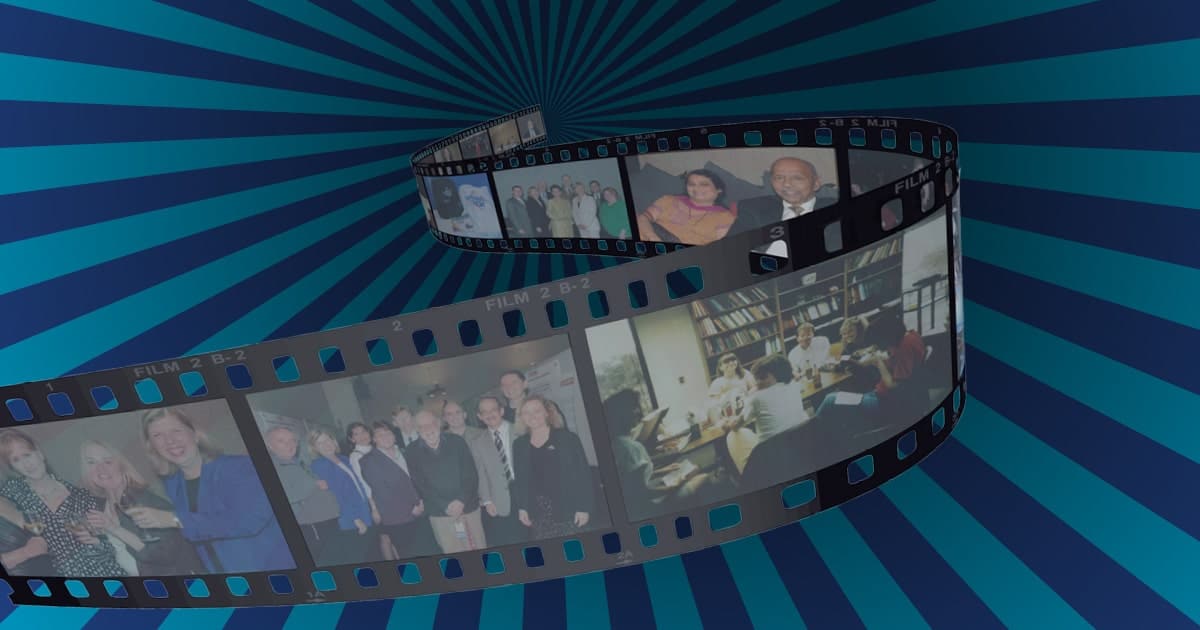Researchers at Columbia University used human neural recordings and predictive models of neural activity to understand how perception of phonetic features is affected in glimpsed and masked speech in multi-talker environments. Glimpsed speech occurs when, during small portions of a stimulus, the primary talker has a better signal-to-noise ratio. This contrasts with continuously-masked speech, which has a poorer signal-to-noise ratio.
The investigators recorded intracranial electroencephalography (iEEG) responses in seven participants who were receiving surgical treatment for epilepsy while listening to a two-talker stimulus located at zero degrees azimuth. Results of the iEEG recordings and predictive models suggested that glimpsed speech was encoded in the primary and secondary auditory cortex, with enhanced encoding of target speech in the secondary auditory cortex. However, there was delayed response latency of the masked speech target, and masked stimuli are only encoded for the target talker in the secondary auditory cortex.
In summary, the results of this study suggest separate brain mechanisms for encoding glimpsed and masked speech and further supports existing models of glimpsed speech.
Reference
Raghavan VS, O’Sullivan J, Bickel S, Mehta AD, Mesgarani N. (2023) Distinct neural encoding of glimpsed and masked speech in multi-talker situations. PLoS Biol 21(6):e3002128.
Recent Posts
Why Do Elephants Have Such Big Ears?
African elephants have the largest ears of any animal, sometimes growing more than six feet long and five feet wide. An elephant’s ears are used…
Founders’ Day
The 32 audiologists gathered in Houston, Texas, in 1988 to discuss the formation of a national association of audiologists. On January 30, 1988, 32 audiologists met…
House Minibus Advances with Mixed Outcomes for EHDI
Last week, the U.S. House of Representatives passed a fiscal year (FY) 2026 minibus appropriations package that includes the Labor, Health and Human Services, and…


